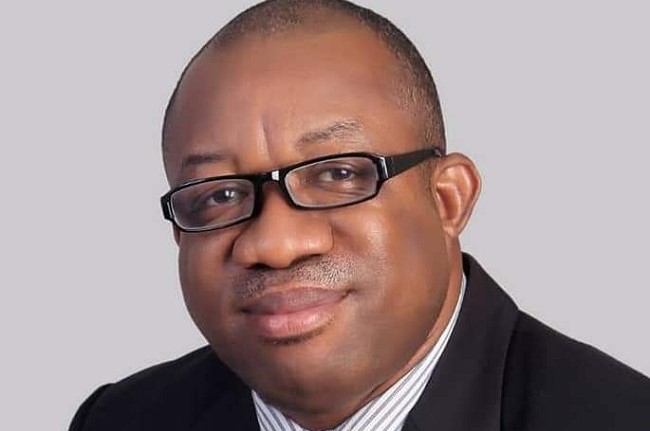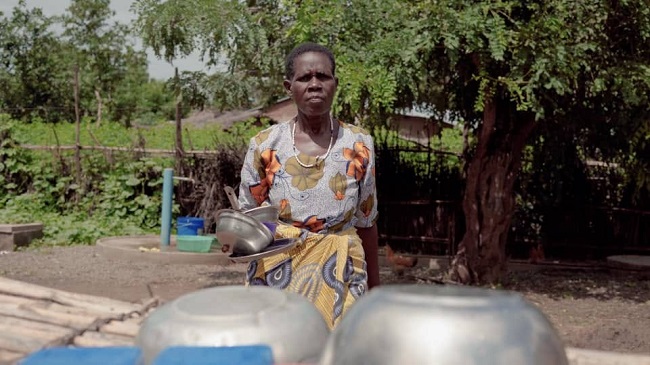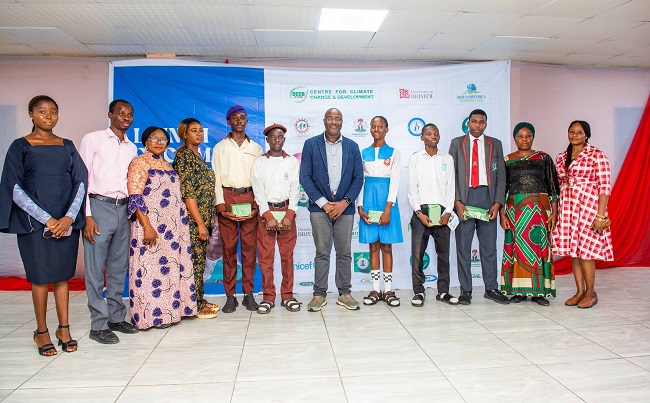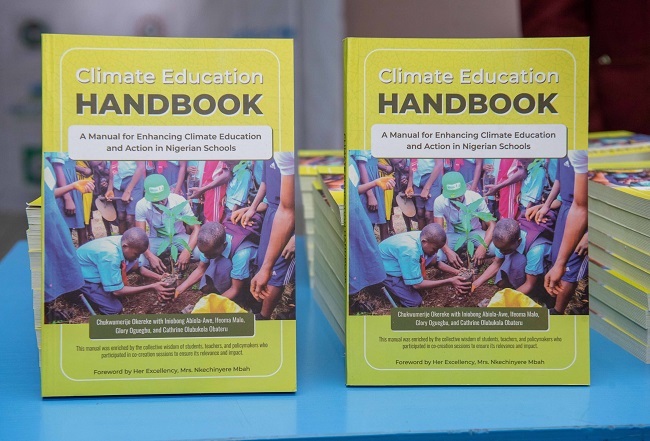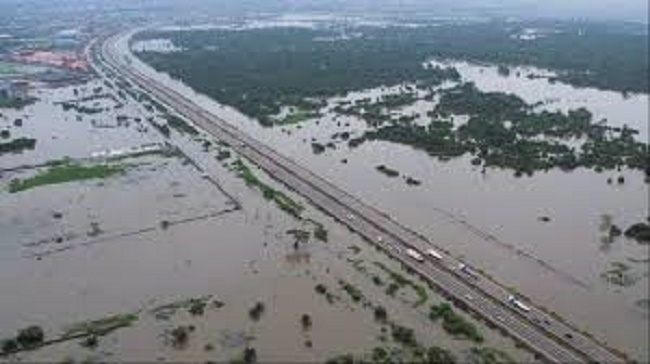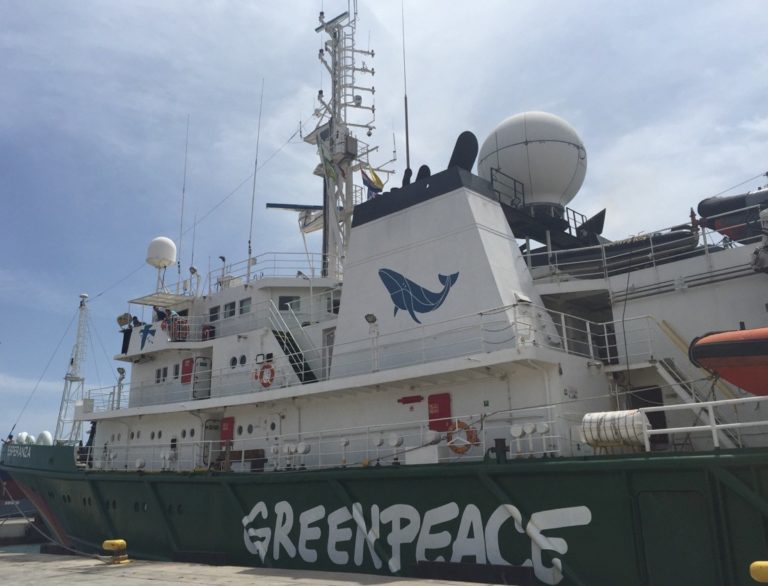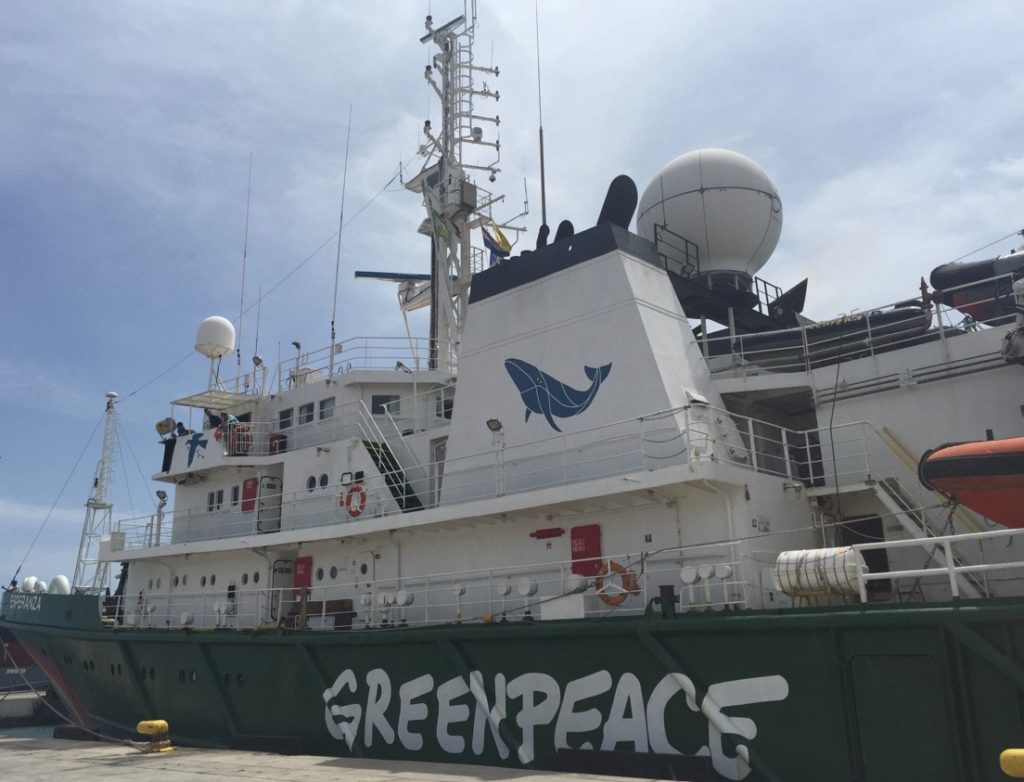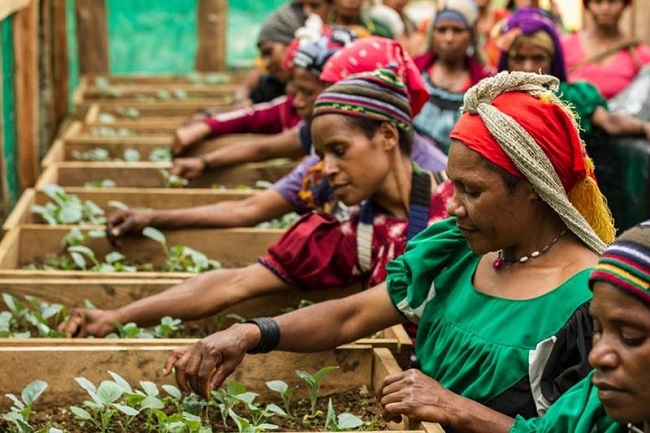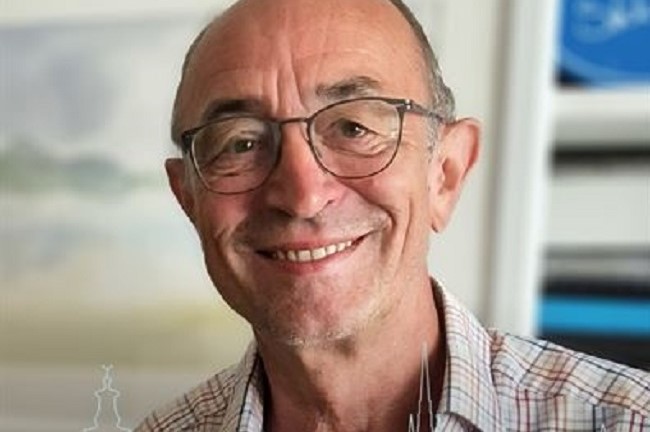Given how rapidly the world is changing, particularly how climate change is influencing human activities and economic development, it is clear that Africa must reconsider its growth strategy and address the issue of carbon emissions in the marine industry.
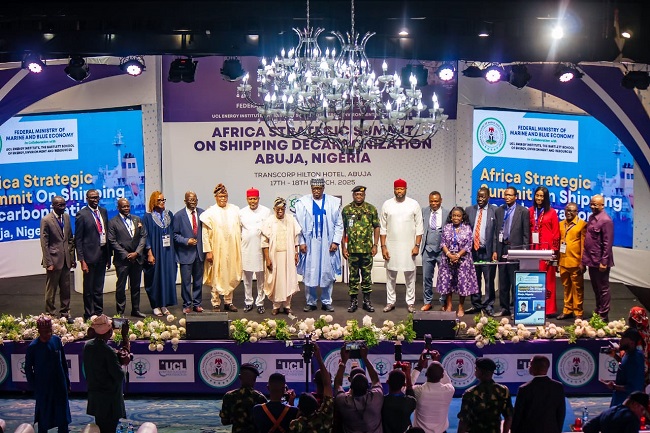
As part of efforts to address the aforementioned challenge, industry actors from across the continent convened in Abuja, Nigeria’s capital, on Monday, March 17, 2025, for a two-day African Strategic Summit on Shipping Decarbonisation to discuss how to accelerate Africa’s maritime decarbonisation agenda and it’s active participation in global climate change mitigation efforts.
In his remarks, while flagging off the event, Adegboyega Oyetola, Minister of Marine and Blue Economy, stressed the need for Africa to take a leading role in shaping the future of the maritime industry.
The minister underlined Africa’s strategic position to become a global leader in green shipping, leveraging its geographic advantage and renewable energy potential.
To ensure that no nation on the continent is left behind, Oyetola emphasised the importance of equitable decarbonisation, a key summit goal that, he explained, aims to solidify Africa’s position in advocating for fair revenue distribution from global decarbonisation measures as well as to strengthen technical capacity for effective climate action.
“Nigeria is also bidding for a seat on the International Maritime Organisation (IMO) Council, seeking support from member states for its candidacy,” he stated.
In the same vein, Dr. Dayo Mobereola, Director General/CEO of NIMASA, hinted the summit’s aims to align Africa’s maritime strategies with global decarbonisation efforts, supporting the UN’s Sustainable Development Goals (SDGs), particularly SDG 13 that advocates for climate action.
At the end of the summit, participants reaffirmed their collective commitment towards fostering the African shipping decarbonisation plan, and agreed on the following resolutions:
- African nations should actively participate and engage for a unified position to actively engage in IMO negotiations, particularly in the Intersessional Working Groups for Greenhouse Gas (ISWG-GHG) and Marine Environment Protection Committee (MEPC), ensuring that global decarbonisation policies are equitable and considerate to Africa’s unique challenges.
- African nations should ensure that peoples with right technical, political and diplomatic skills consistently attend the negotiation meetings and engagement at international fora fostering continuity in driving the shipping decarbonisation agenda.
- African nations should develop a comprehensive national action plan for shipping decarbonisation, aligned with the IMO’s GHG Reduction Strategy and tailored to local realities.
- Establish regional training centres to equip maritime professionals with the skills needed vis-vis capacity building for the transition to low-carbon operations, including the use of alternative fuels and energy-efficient technologies.
- Develop mechanisms to monitor and report relevant shipping emission data for analysis and modelling to enable informed policy formulation.
- African nations should harness their abundant renewable energy resources to produce zero-carbon fuels and power green port infrastructure, positioning the continent as a hub for sustainable shipping.
- Governments should create enabling policies and incentives to attract investment in renewable energy projects for the maritime sector.
- African nations should collectively advocate for global decarbonisation policies that address the high transition costs and limited access to clean fuel technology faced by developing countries.
- African nations should push for the establishment of funding mechanisms to support Africa’s transition, including grants, low-interest loans, and technology transfer programmes.
- A strategic government policy mandating agreement with shipping companies to create structured opportunities for African cadets, fostering capacity development and enhancing expertise.
- African government should deliberately encourage policies on the engagement of women in seafaring and other aspect of maritime.
- African Nation should engage key stakeholders including ship-owners in the decarbonisation negotiation discourse.
This high-level event was attended by international experts, including the IMO-MEPC Chairperson Dr. Harry Conway.
It serves as a platform for forging stronger collaborations among African states and global partners to advocate for just and equitable implementation of IMO policies.
By Etta Michael Bisong, Abuja

